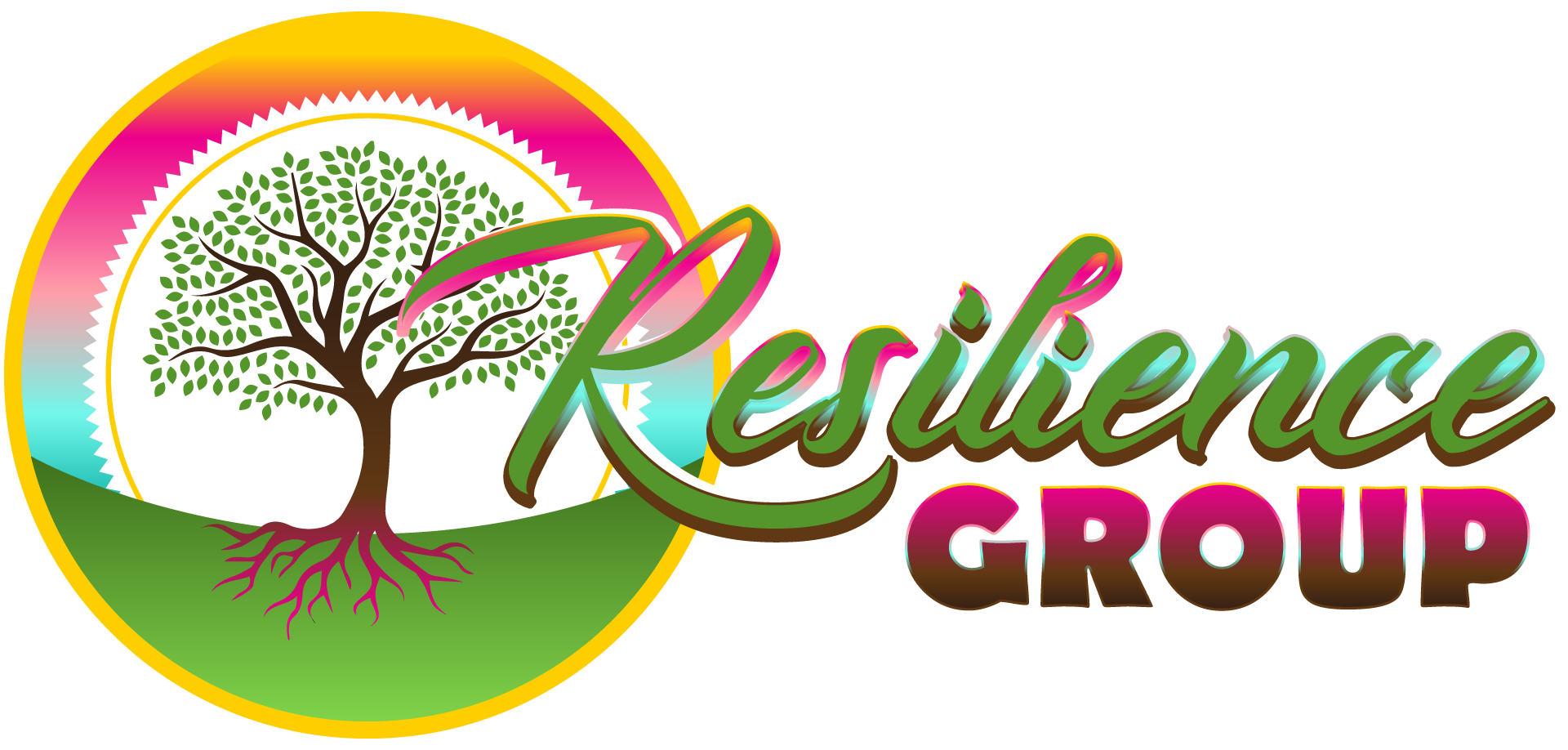Life Coaching
Life coaching is a collaborative, goal-oriented process that involves guiding individuals to identify and achieve personal, professional, or relational goals. It is a non-clinical intervention that focuses on future outcomes, personal development, and actionable strategies, emphasizing strengths, values, and aspirations rather than diagnosing or treating psychological disorders.
Key Characteristics:
-
Focus on Growth and Development:
- Life coaching emphasizes enhancing self-awareness, improving performance, and achieving specific objectives.
-
Goal Setting and Action Planning:
- The coach works with the individual (referred to as the “client”) to define clear, measurable goals and develop strategies to reach them.
-
Non-Therapeutic Approach:
- Unlike therapy, life coaching is not intended to address mental health conditions, past trauma, or psychological distress.
-
Strengths-Based Framework:
- Concentrates on leveraging the client’s existing strengths, skills, and resources.
-
Accountability:
- Coaches provide structure, encouragement, and regular check-ins to ensure progress toward goals.
Common Areas of Life Coaching:
-
Career Coaching:
- Assisting individuals in navigating career transitions, improving workplace performance, or achieving professional milestones.
-
Personal Development:
- Building confidence, improving relationships, or creating work-life balance.
-
Health and Wellness:
- Supporting lifestyle changes, such as exercise routines, weight management, or stress reduction.
-
Goal Achievement:
- Breaking down long-term goals into actionable steps and strategies.
Distinction from Therapy:
| Aspect | Life Coaching | Therapy |
|---|---|---|
| Focus | Future-oriented and goal-driven. | Past experiences, mental health, and healing. |
| Client | Typically high-functioning individuals. | Individuals with emotional or psychological concerns. |
| Methods | Practical strategies, accountability. | Evidence-based treatments, emotional exploration. |
| Licensure | Not regulated; certification may vary. | Conducted by licensed mental health professionals. |

Techniques Used in Life Coaching:
-
Motivational Interviewing:
- Encouraging self-reflection and commitment to change.
-
SMART Goal Setting:
- Developing goals that are Specific, Measurable, Achievable, Relevant, and Time-bound.
-
Visualization and Affirmation:
- Using mental imagery and positive statements to build confidence and focus.
-
Accountability Practices:
- Regular check-ins, progress tracking, and constructive feedback.
Qualifications of a Life Coach:
Life coaches are not typically required to have formal licensure or mental health training, but many complete certification programs through organizations such as:
- International Coaching Federation (ICF).
- Certified Professional Coach (CPC) programs.
Applications and Limitations:
Applications:
- Suitable for individuals seeking clarity, structure, and support to achieve personal or professional goals.
- Helps with decision-making, time management, or overcoming self-limiting beliefs.
Limitations:
- Not appropriate for diagnosing or treating mental health conditions such as depression, anxiety, or trauma.
- Should not replace therapy for individuals experiencing psychological distress.
Outcome Goals:
- Increased self-efficacy and motivation.
- Achievement of defined goals and improved quality of life.
- Greater alignment between values and actions.
Life coaching is most effective for individuals ready to take proactive steps toward personal or professional growth. It complements, but does not substitute for, therapy or other clinical interventions when mental health concerns are present.
Contact
(435) 313-8533
Location:
Resilience Group
Saint George, UT 84770
In-person and telemedicine available
